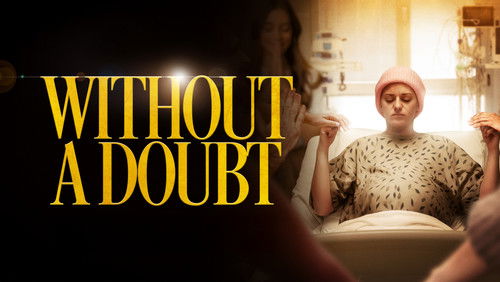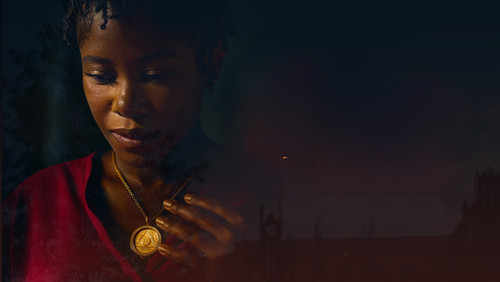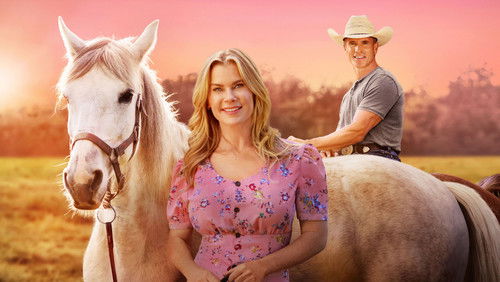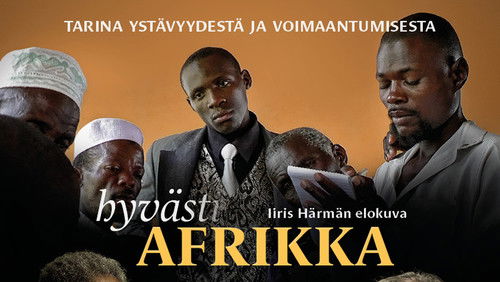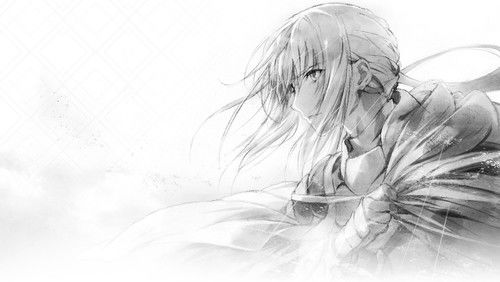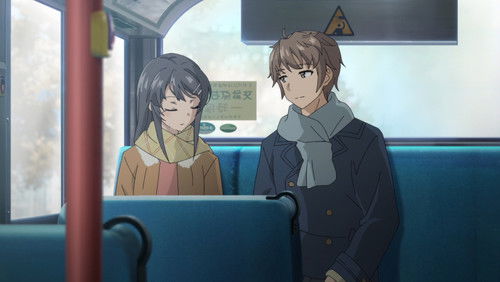Shakespeare-Wallah (1965)
43KShakespeare-Wallah: Directed by James Ivory. With Shashi Kapoor, Felicity Kendal, Geoffrey Kendal, Laura Liddell. The story of a family troupe of English actors in India. They travel around the towns and villages giving performances of Shakespearean plays. Through their travels we see the changing face of India as the old is replaced by the new, Maharajas become hotel owners, sports become more important than culture and the theater is replaced by Bolliwood movies. Based on the travels of Geoffrey Kendal with his daughter Felicity Kendal.
“The exquisite mood captured by this masterpiece is unique in my experience of motion pictures. u0026quot;Colonial ruleu0026quot; in India was not English, but British. The many Irish, Welsh and Scots who lived and died in India would hate to be called English. However, the dedicated husband and wife thespians are eccentrically English, of course. Their daughter, Lizzie, has never been outside India, and knows less of England than Sanju, the man she thinks she loves. The action is not set during the last days of the Raj, as reported in some reviews. Nabokovu0026#39;s u0026quot;Lolitau0026quot;, which is pointedly displayed early in the film (perhaps because it is also about the seduction of one culture by another), was first published in 1955, and Indian Independence took place in 1947. Sanju drives a white Mercedes, which I wouldnu0026#39;t like to date, but which is very definitely post-1955. The film was made in 1965. The rise of Bollywood must have been taking place at about this time. Much of the delicate ambiance of the film is totally lost if the audience is misled into believing that India was like this before Independence. Only the ghost of the Empire lingers on in this quiet story. It is not really about a u0026quot;clashu0026quot; of cultures, with the violent hostility which that word implies; rather, it gently acknowledges that the old order is changing, giving place to a new. Indian potentates no longer personally strangle unwitting intruders for entering their womenu0026#39;s quarters. I hope not, anyway. The lives of Lizzieu0026#39;s parents are irrevocably inter-woven with a vanished time: they will die in India. Because Lizzie has no place in the new India, she has to be sent away to a home she doesnu0026#39;t know. Her Indian playboy friend cannot commit himself to marrying her.u003cbr/u003eu003cbr/u003eNevertheless, the truth is that in spite of the mockery directed against the theatre of Shakespeare by a more aggressively volatile element, very many actors on the imperial stage conceived a genuine love of India, and its high and ancient civilisation, and this affection could be recognised and reciprocated, and still is, in some parts. The love affair is, even today, not yet wholly extinct, at least at some levels. This is an infinitely more nuanced work than David Leanu0026#39;s rather nasty and one-dimensional interpretation of E.M.Forsteru0026#39;s shallow u0026quot;Passage to Indiau0026quot;. Ruth Prawer Jhabvala, who wrote the screenplay of Shakespeare Wallah, displays a far finer spirit, greater precision and deeper humanity. Separation at any age is also a loss.”
